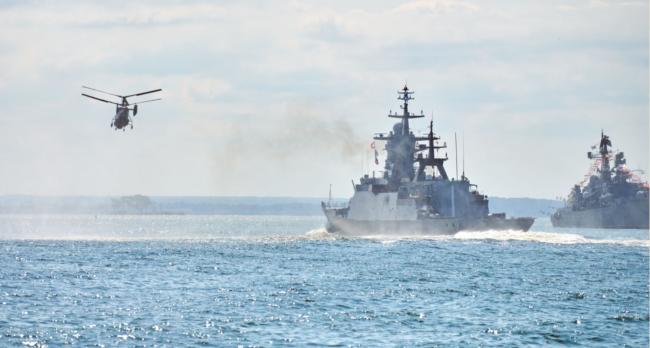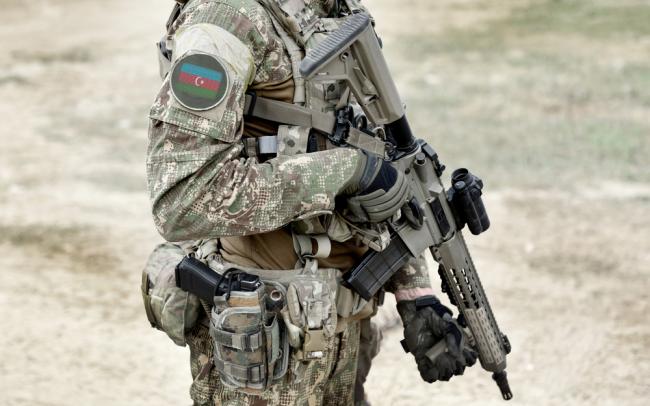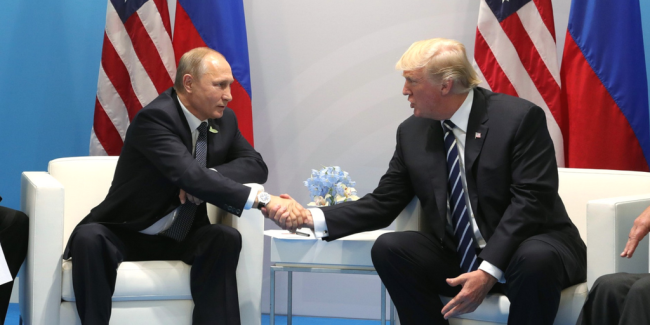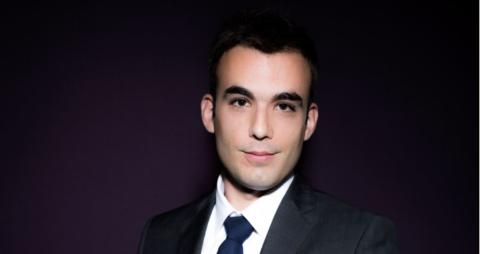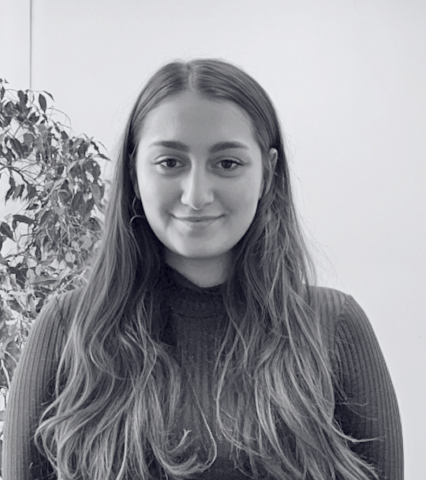
Prénom de l'expert
Pavel
Nom de l'expert
BAEV
Associate Research Fellow, Russia/Eurasia Center, Ifri
Research Areas:
- Energy policy towards Europe and Russia’s place in the European security system
- Russia-EU dialogue and Russia-NATO Relations
- Energy geopolitics and Russia’s interests in the Caspian Sea; Russian policy in the Arctic
- Russian defense posture and military reform
- Conflict management in the Caucasus and the Caspian Sea area

Russia/Eurasia Center
View morePavel Baev is a Research Professor at the Peace Research Institute, Oslo (PRIO). He is also a Senior Non-Resident Fellow at the Brookings Institution, Washington DC, Senior Associate Research Fellow at ISPI, Milano, and an Associate Research Fellow at Ifri, Paris. After graduating from Moscow State University (MA in Political Geography, 1979), he worked in a research institute in the USSR Ministry of Defense; received a PhD in International Relations from the Institute for US and Canadian Studies, USSR Academy of Sciences, and then worked in the Institute of Europe, Moscow.
He joined PRIO in October 1992. He was the editor of PRIO’s quarterly journal Security Dialogue from 1995 to 2001, and a member of PRIO’s board from 1998 to 2004. He is a member of the PONARS Eurasia network of scholars, based in George Washington University. His professional interests include the energy and security dimensions of Russian-European relations, Russia-China relations, Russia’s policy in the Arctic, the transformation of the Russian military, and post-Soviet conflict management in the Caucasus and Greater Caspian area. He writes a weekly column for the Jamestown Foundation’s Eurasia Daily Monitor.
See more









